Young Swiss gearing up for Arctic mission
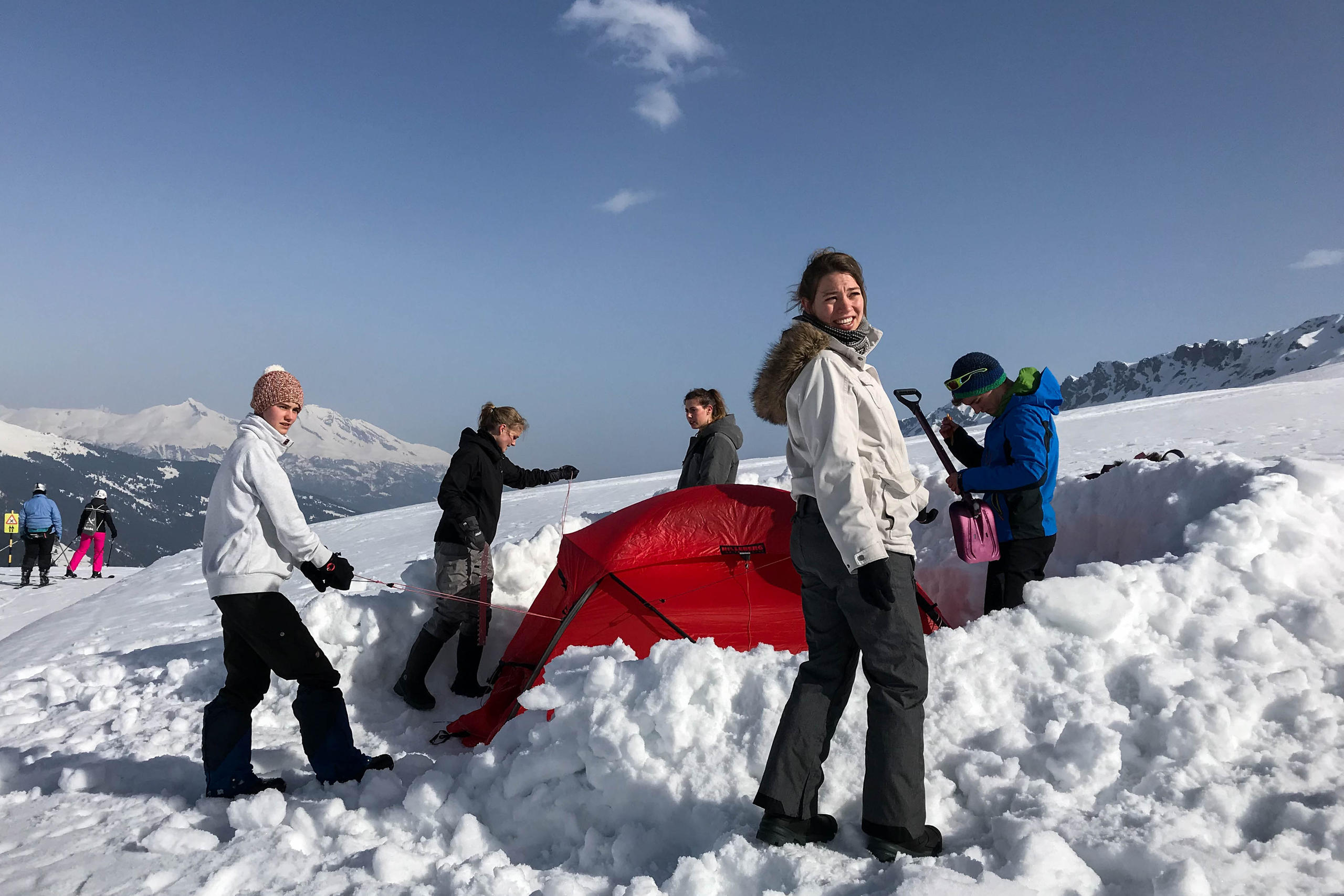
When your own carbon footprint is large, how do you convince others to change their ways to help reduce global warming?
This month, the Swiss Arctic ProjectExternal link will take five Swiss students on a three-week mission aboard a ship exploring the area around Svalbard, Norway. Advertised as the “coolest summer job” in the world, their main task will be to document signs of climate change in the region, and to share their impressions via social media.
But an inconvenient truth about the project is the long journey to get there. As one applicant calculated, the team’s flight from Zurich to Spitzbergen and back will generate 11.7 tonnes of CO2. Availing of train and bus service to Tromsö, and flying from there to Spitzbergen, would bring the CO2 down to 4.84 tonnes.
Not including plane or boat travel, the average Swiss generates about ten tonnes of CO2 per year, according to the Federal Office for the EnvironmentExternal link. A round-trip economy flight from Zurich to New York releases 2.3 tonnes of CO2 into the atmosphere.
On its Swiss Arctic Project blog (in German)External link, the team acknowledges the contradiction and explains that they are flying for reasons of time and logistics – particularly in order to ship their supplies:
“Knowing that it’s not possible at this time to visit polar areas without polluting our environment, we will compensate our project with our [emission compensation] partner MyClimateExternal link. But for the 2019 expedition, we might do it differently.”
The young crew members are also mindful of the issue. For example, environmental engineering student Joëlle Perreten says she “goes to extremes” to limit her carbon footprint in her everyday life. A vegan who recycles nearly everything, she recently took the train home from Ireland to help compensate for the flight to get there.
Two million hits
Nearly 400 youths from around Switzerland applied to go onboard by posting their profiles online and soliciting votes from the general public this past winter. During the ten-day online competition, 70,000 people registered to vote and the page got over two million hits.
The contenders with the most votes became finalists, and a jury – featuring leading Swiss polar researcher Konrad Steffen, science director of the Swiss Polar InstituteExternal link – made the final selection.
Steffen made his first trip to the Arctic as a graduate student in 1975, and later launched the Swiss CampExternal link in Greenland in 1990 to study snow, ice and the atmosphere. As the Swiss Arctic Project’s scientific counsel, says he has big hopes for it.
“These are the young scientists, young in age and it’s their way of communicating. This is why I’m very grateful for this platform, which will take five young people to see for themselves how the permafrost is changing and to reach out to a community that, so far, has not been very interested,” points out Steffen, who says he’s convinced that this is a sensible approach.
He also notes that the ensuing academic report can’t just be “a boring scientific analysis. There has to be some exciting news, with some humour as well as some very serious questions behind it”.
Steffen says that if it works, he’ll be happy to participate in upcoming years as well.
“I hope I can take next year’s group onto the Greenland ice sheet and do a similar experiment with young scientists on site,” says Steffen, who has visited Greenland every year for the past 42 years. He is also the director of the Swiss Federal Institute for Forest, Snow and Landscape ResearchExternal link.
Team building in the snow
To prepare for the mission and get better acquainted, the whole team gathered in the ski resort of Lenzerheide in southeastern Switzerland this past spring. It was a good chance for them to test their newly-issued cameras – as well as their survival skills – in cold weather.
For example, suppose they were out exploring and couldn’t get back to the boat before a storm struck? Issued a basic tent and a few tools, they were sent into the snow and told to prepare a shelter together – a task that required solid communication and cooperation skills. The team language, by the way, is English, as the participants come from the German-, French- and Italian-speaking parts of Switzerland. Multilingual profiles of all crew membersExternal link are can be found online.
The Swiss Arctic ProjectExternal link’s 2018 mission runs from July 16 to August 5. In addition to documenting climate change first-hand, the students will prepare a joint academic report and perhaps a short film.
The project is the brainchild of former Swiss public television videographer Charles Michel, whose work has taken him all over the world. He and his wife sold their home in order to buy the MV San Gottardo, an expedition ship measuring 5.6 by 20.5 metres.
“It’s about preparing the next generation for the effects of global warming. It would be irresponsible if we didn’t prepare our children for what’s coming,” said Michel, himself the father of four grown children.
In addition to captain Michel and the five students, the ten-member crew will also include a local seafarer, Michel’s wife as navigator, their daughter as assistant, and a reporter for Swiss news portal 20 MinutenExternal link, which is the media partner.
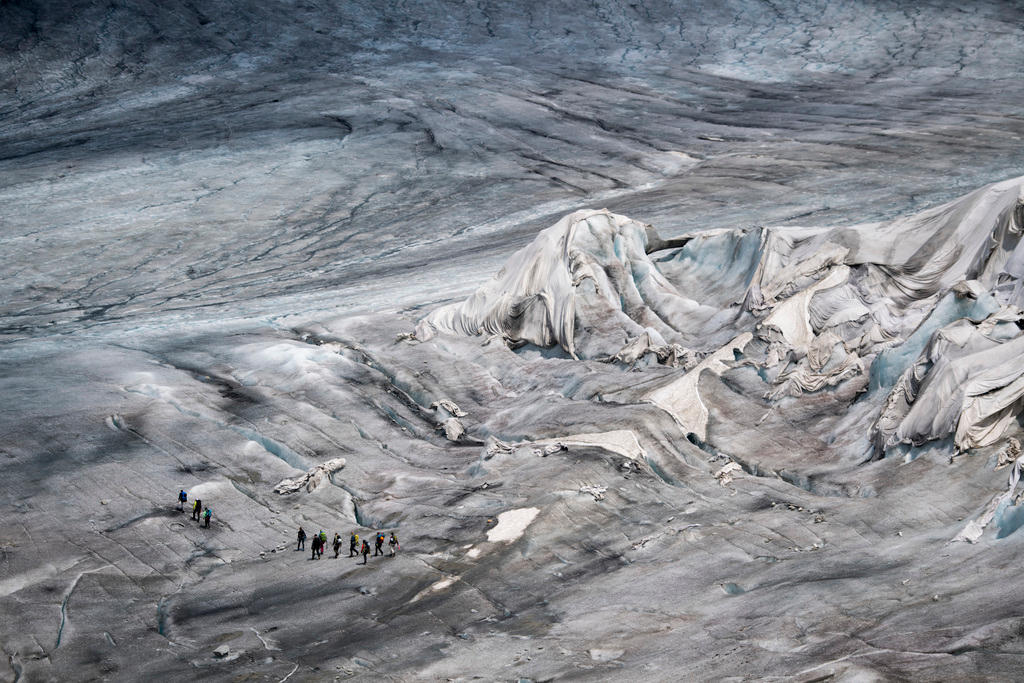
More
How the Alps inform polar research

In compliance with the JTI standards
More: SWI swissinfo.ch certified by the Journalism Trust Initiative
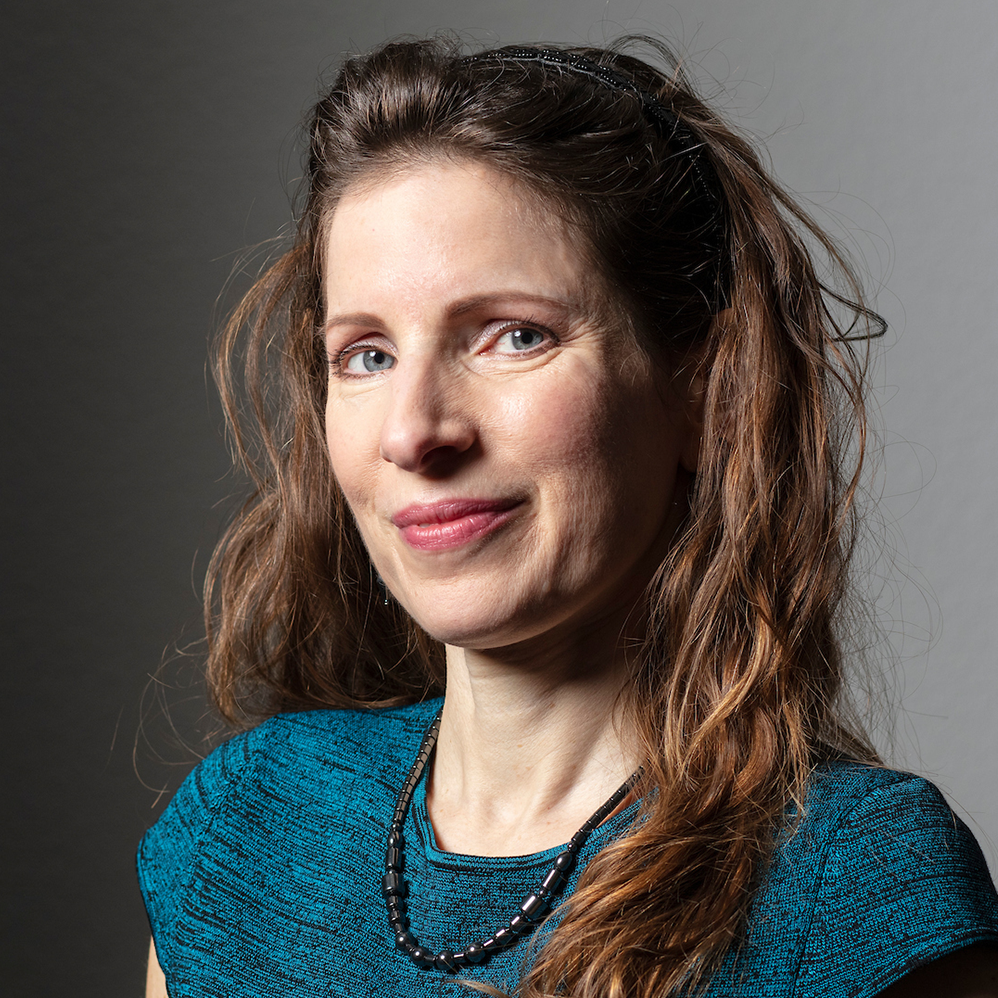
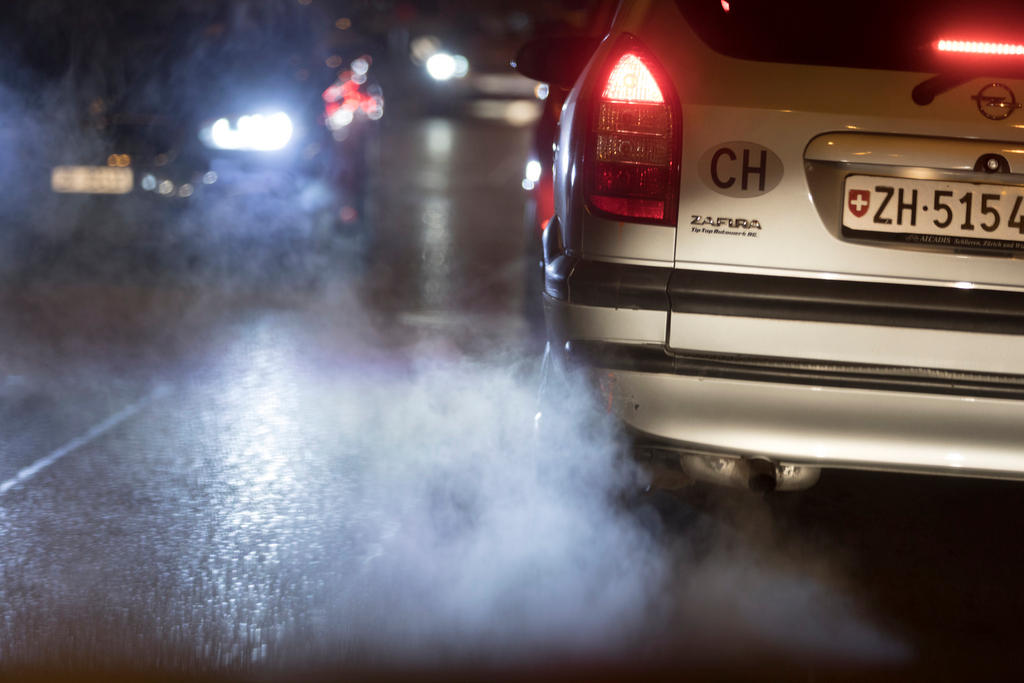

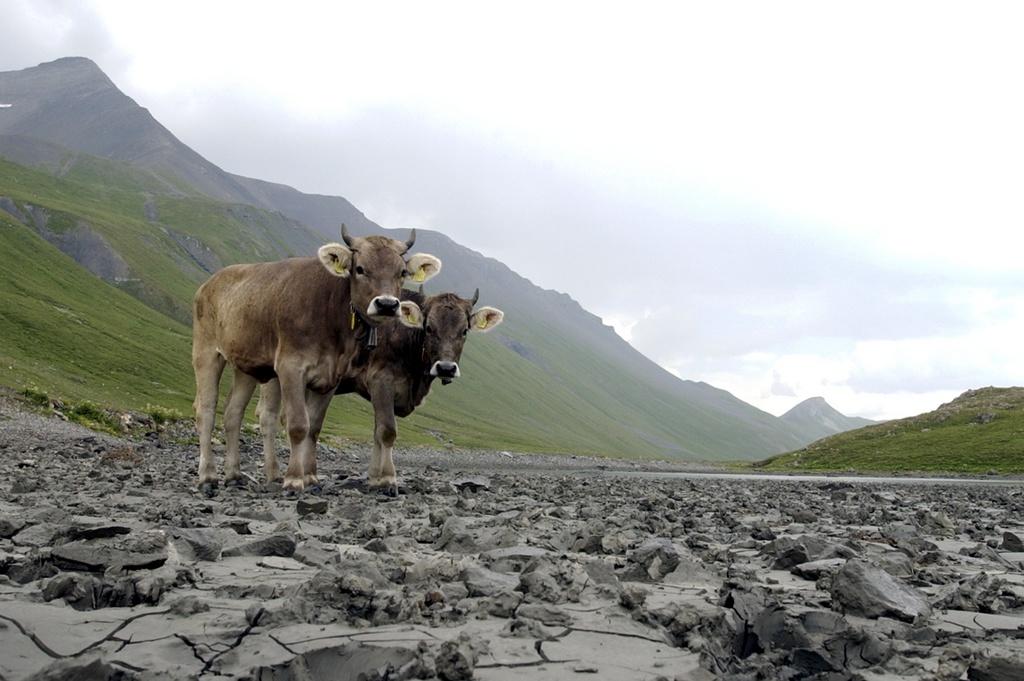

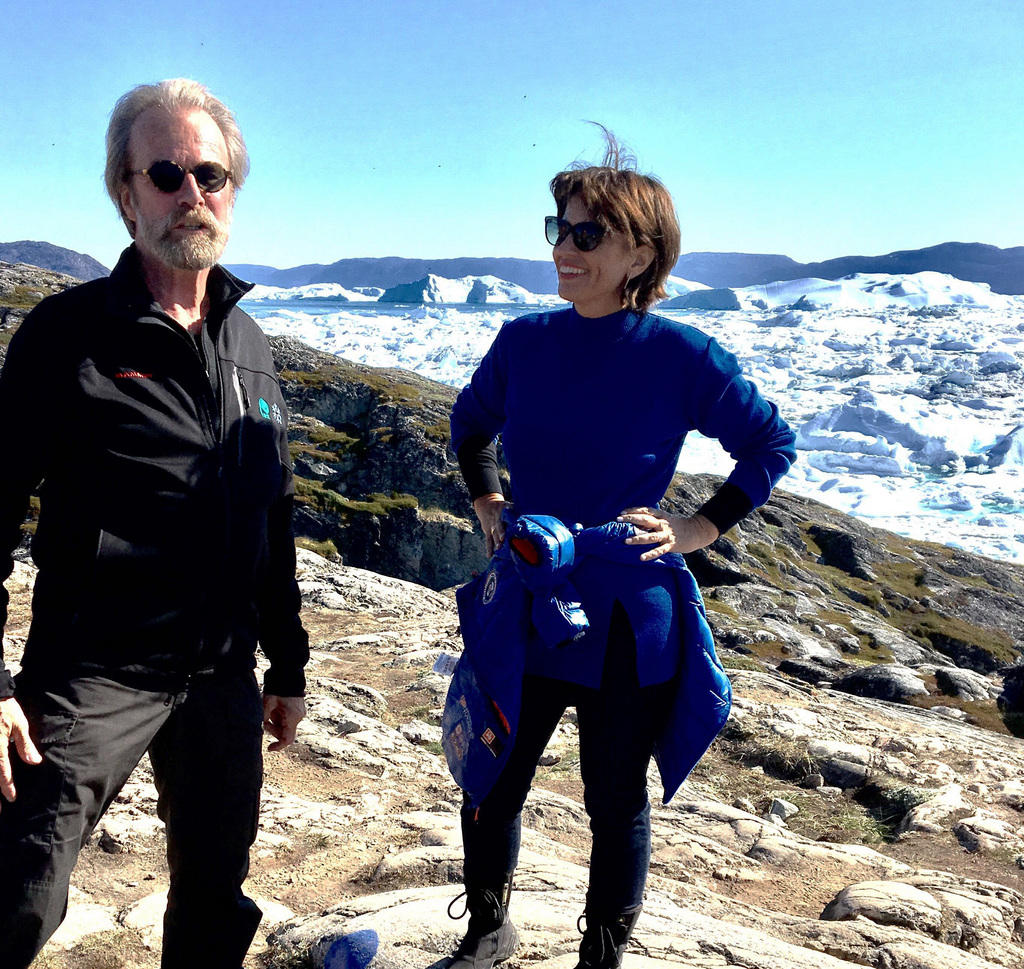
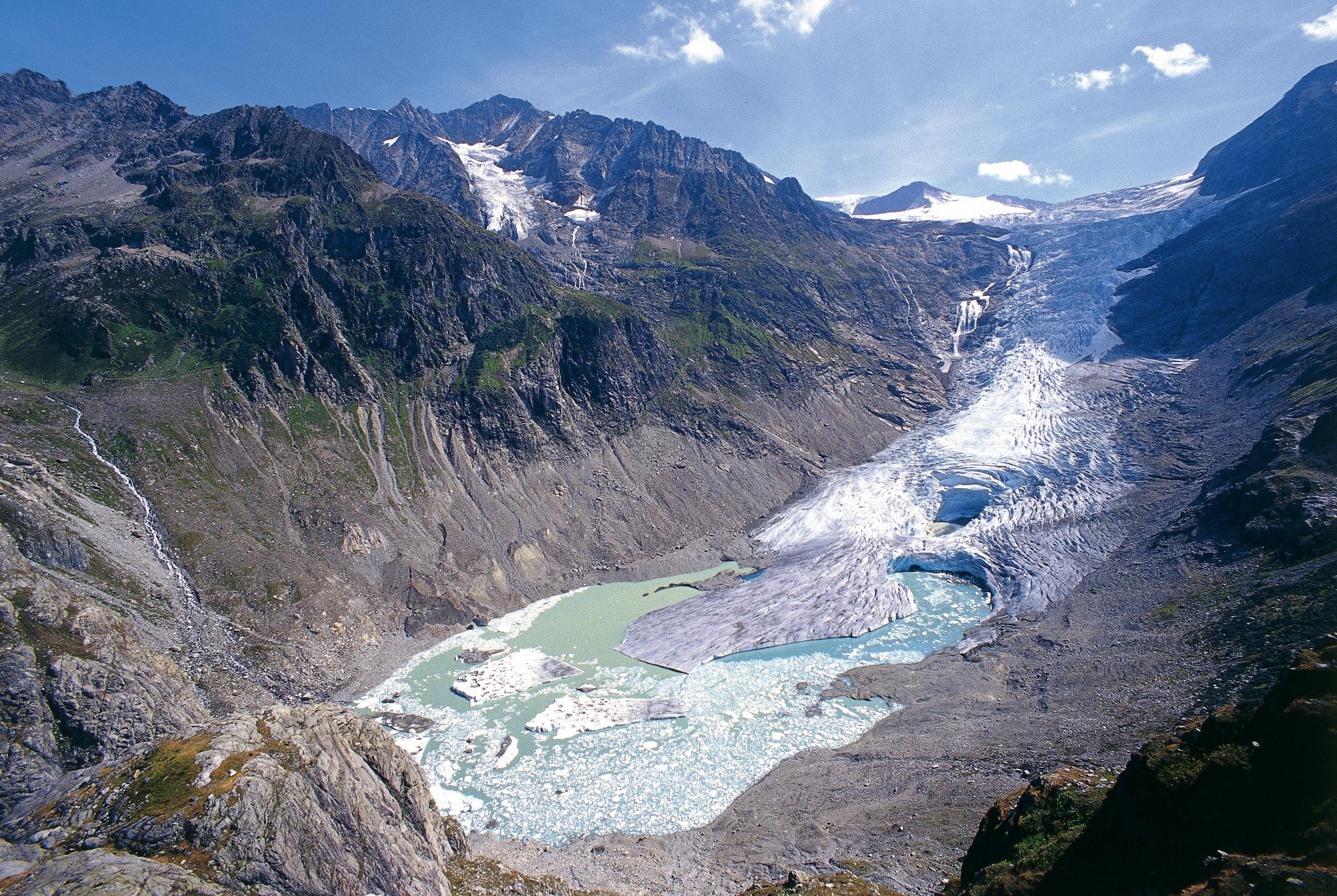
You can find an overview of ongoing debates with our journalists here. Please join us!
If you want to start a conversation about a topic raised in this article or want to report factual errors, email us at english@swissinfo.ch.